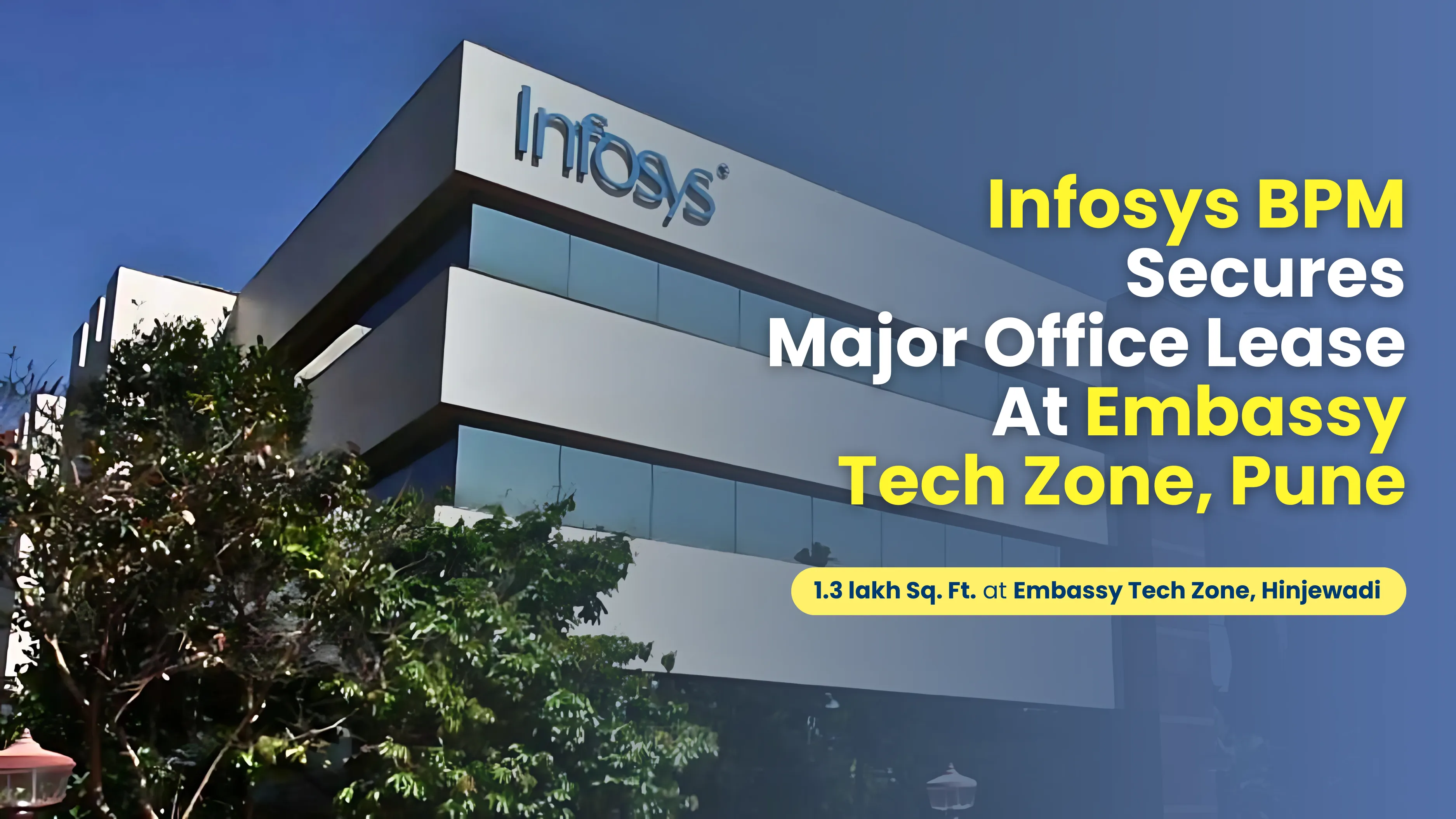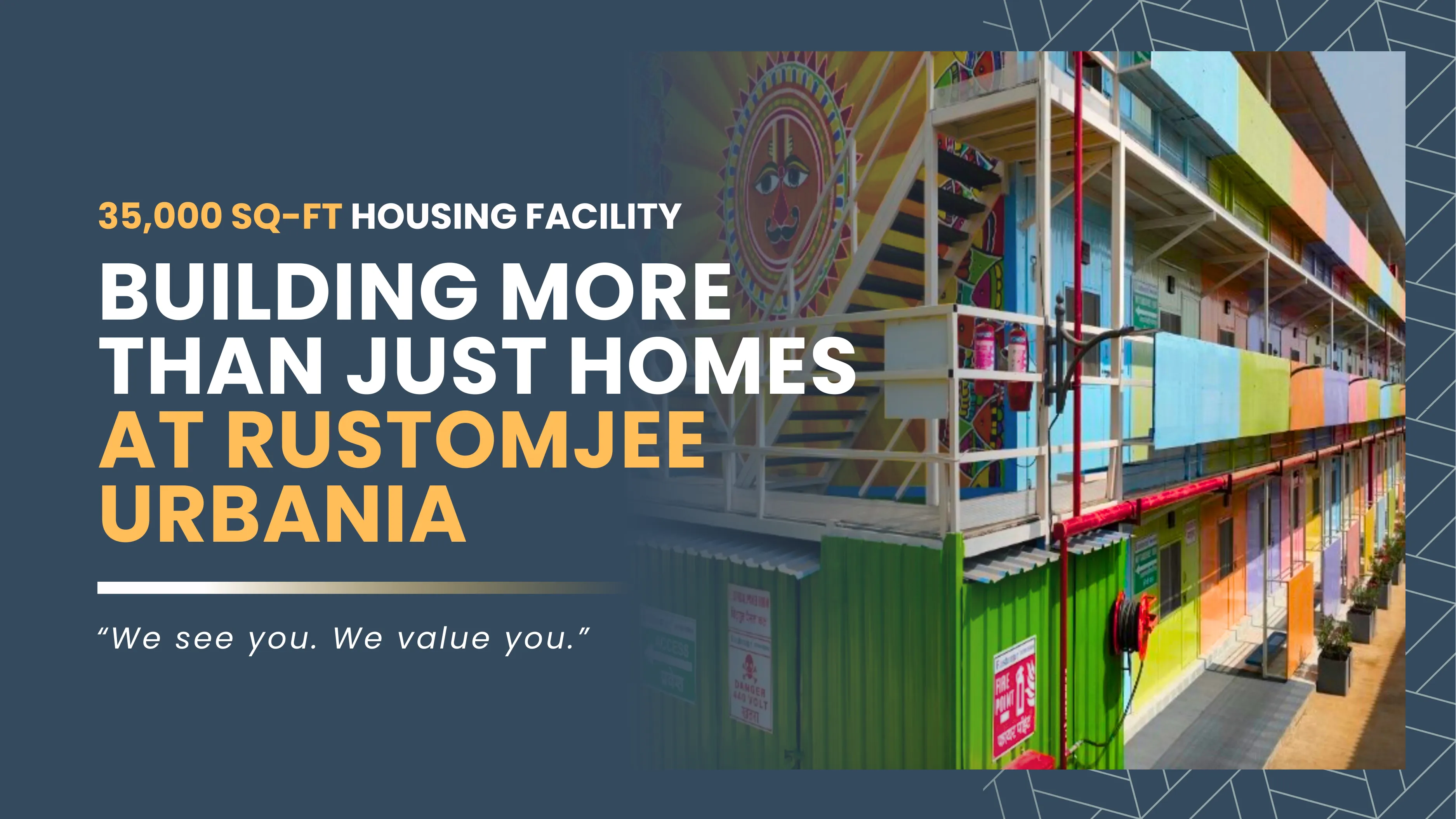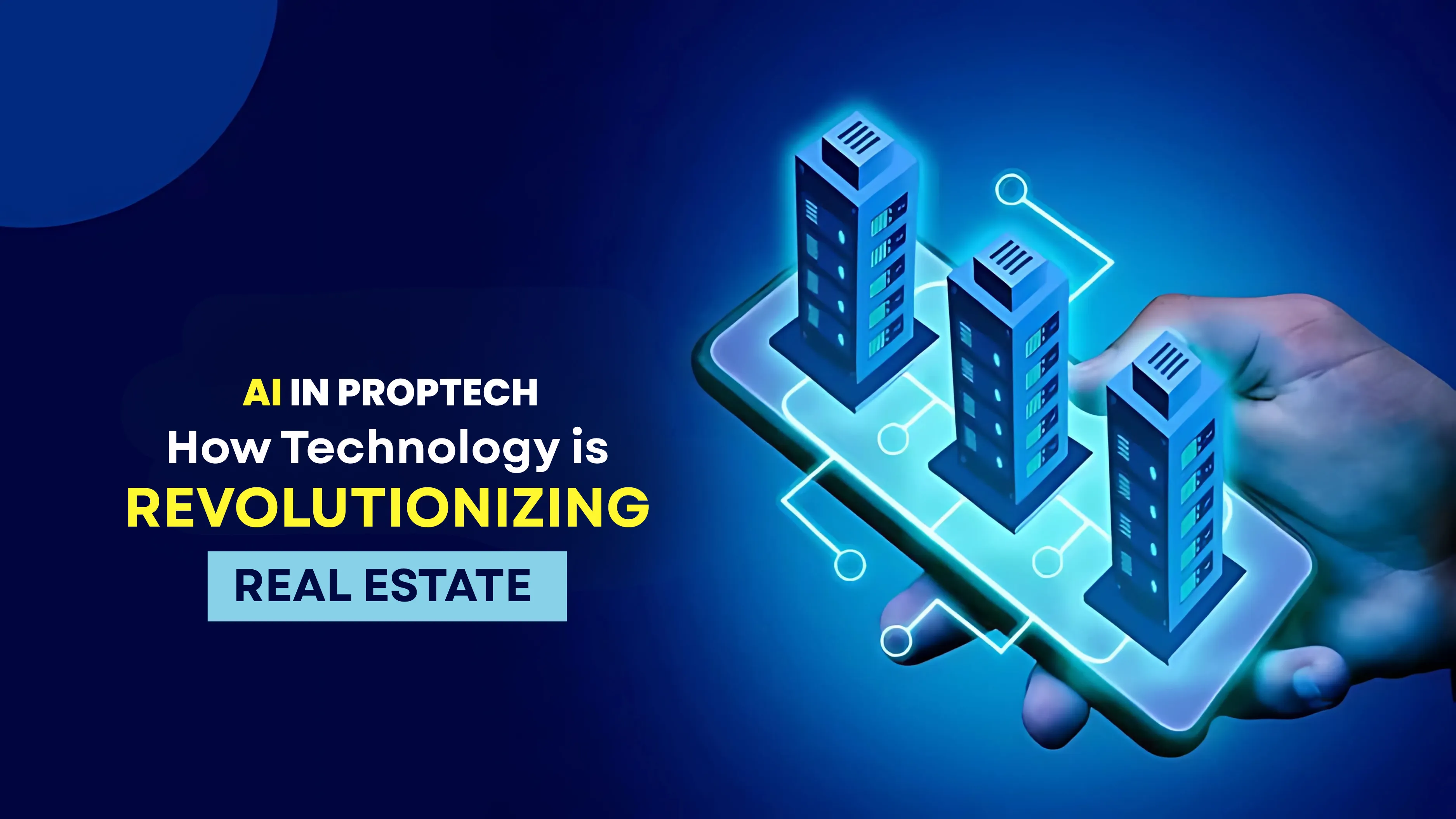


India's real estate industry is a major driver of the nation's economy and urban development. It generates huge employment opportunities, drives infrastructure creation, and contributes to overall GDP growth. The sector has a multiplier effect on numerous allied industries such as cement, steel, and construction materials, and is thus one of the drivers of economic development. As we move through 2025, the real estate industry is transforming at an accelerating pace with the impact of a mix of shifting consumer choice, technological growth, and progressive policies of governments. All of these are impacting how properties get developed, constructed, marketed, and sold and preparing the industry for a fresh dawn in India's realty space.
Affordable housing is a priority for developers and buyers alike. Government initiatives such as "Housing for All" and subsidies under PMAY (Pradhan Mantri Awas Yojana) are promoting the development of affordable homes. Tier-2 and Tier-3 cities and towns are gaining popularity because of reduced property prices and improved infrastructure.
Technology is making its way into homes big time. In 2025, intelligent homes with connected devices using the Internet of Things (IoT), energy-efficient systems, and sophisticated security no longer rank as a luxury—rather, it's expected. City shoppers these days want houses that provide automation, are sustainable, and well-networked.
Sustainability has become a concern in Indian realty. Developers are incorporating green materials and constructing energy-efficient houses. Numerous consumers nowadays look for houses with amenities such as rainwater harvesting, solar panels, and waste management facilities.
Millennials and young professionals are leading the co-living and co-working space trend, particularly in major cities. The reason is flexible leases, contemporary facilities, and the opportunity to interact with similar people. This indicates a change of preference from owning to shared dwelling.
REITs are becoming a popular investment choice. They allow people to invest in big commercial properties without directly owning them. With improved awareness and decent returns, REITs are opening up the real estate sector to greater transparency and accessibility.
The luxury housing market is robust in urban centers such as Mumbai, Delhi NCR, Bengaluru, and Pune. Affluent consumers are interested in properties boasting unique features, high-end facilities, and location advantages. Luxury gated communities offering world-class infrastructure are particularly popular.
Technology is revolutionizing the Indian real estate industry. From using AI to manage properties to blockchain for safe transactions, technology is enhancing customer experience and efficiency. Virtual tours, digital documentation, and online property websites are now the norm.
The commercial property market has recovered strongly post-pandemic. Flexible offices, hybrid work arrangements, and IT parks are boosting growth. The e-commerce boom has also fueled demand for logistics centers and warehouses.
Measures such as RERA (Real Estate Regulatory Authority) still increase buyers' and investors' confidence. Tax advantages, reduced stamp duty in certain states, and policies aimed at foreign investment attraction are enhancing the industry's growth and reputation.
Infrastructure developments such as new metro lines, smart cities, and expressways are enhancing connectivity and enhancing real estate in previously inaccessible regions. It has raised property prices and turned distant places into desirable locations.
India's real estate market in 2025 is brimming with fresh opportunities, fuelled by innovation, sustainability, and keeping pace with new trends. Though issues of construction costs and regulations still prevail, the potential of the industry cannot be denied. Builders, consumers, and investors must stay in sync with the trends to capitalize on this vibrant marketplace.










.webp)






